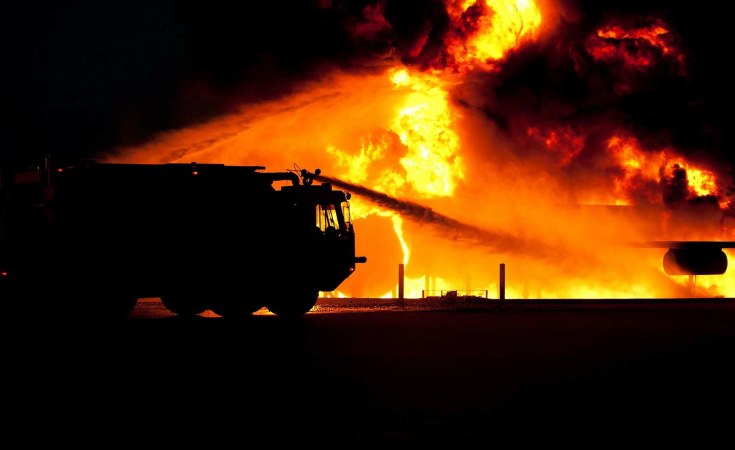Thousands of people living in the immediate vicinity of the former UPL chemicals warehouse in Durban face twice to three times the risk of developing heart and lung diseases (including lung cancer) after breathing in a cocktail of poisonous chemical fumes during the July riots more than two years ago.
This is just one of the alarming conclusions of a human health risk assessment that recently came to light after the warehouse was torched on July 12, 2021, and then burnt or smouldered for at least nine days before it was finally extinguished.
The study - conducted by toxicology and epidemiology experts at the Witwatersrand and North West universities and the Durban-based Apex Environmental occupational health consultancy - also recommends that the Mumbai-based UPL agrochemicals giant should commission a series of comprehensive human sampling checks and long-term health studies.
The new health surveillance scheme - including biological samples, urine and other pesticide-marker tests - should investigate whether the worst-exposed communities face a range of other potential health risks ranging from respiratory and skin problems to heart, kidney, liver or eye damage.
The authors acknowledge that their study was weakened by the lack of comprehensive air sampling in the immediate aftermath of the July riots, but they have nevertheless red-flagged several residential areas near the gutted Cornubia warehouse.
These include several "fence-line" residents of the Prestondale/Woodlands/Izinga area of Umhlanga and the informal settlement of Blackburn village.
The exact number of residents living in these areas is not stated in the study,...


